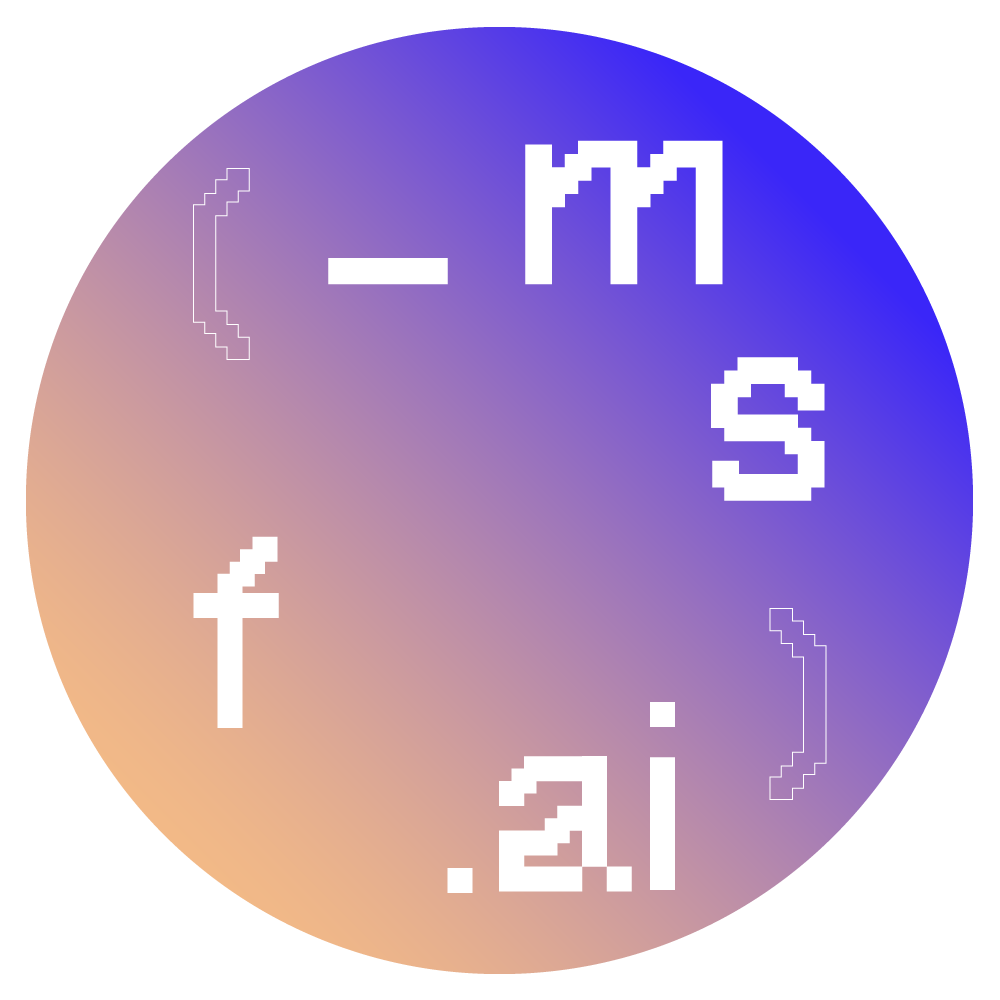Art Search
Searching for the Chronological Self
Concept
Framing our newest digital capabilities as artifacts on a continuum of technological development, we imagine ML and facial recognition as archeological tools used to uncover uncanny likenesses or chronological doubles over a timeline from 1964 - the beginning of facial recognition technology - to the present. The object is an interactive film LED screen using machine learning (ML) to create a film. The project calls attention to multiple entry points of bias in the development of the search result, from representational biases in the production and sourcing of footage to the biases imbedded in facial recognition model development and training (Buolamwini and Gebru 2018). The work is intentionally at odds with a linear narrative of progress, showing how each technological layer both illuminates and obscures our experience of information.
Process
Starting from a primary inquiry of “What might a search engine with a feminist foundation look like?” the poieto methodology was used by project contributors to develop the Art Search concept. Data was sourced from a few internet video archives and catalogued in an accompanying archive document. Volunteers were requested to provide an input image of themselves to be matched to found footage. A machine learning (ML) pipeline was constructed to identify videos from different periods along the timeline that most closely matched the input image based on race, gender, and facial similarity.
Experience:
The final experience is interactive film created with ML, which weaves together a unique series of clips for each individual viewer/user/participant. Through a website/app, the project will invite each viewer/user/participant to upload an image of themselves, and will then use facial recognition to show the viewer/user/participant clips, collected from 1964 forward, of various others who are demographically and phenotypically similar to them. The film will be presented as an object in Feminist AI studio but our virtual friends will also have access to the film through the website/app. Viewers are invited to reflect on how the work both exposes and reinforces biases of the mediums used and datasets collected.


